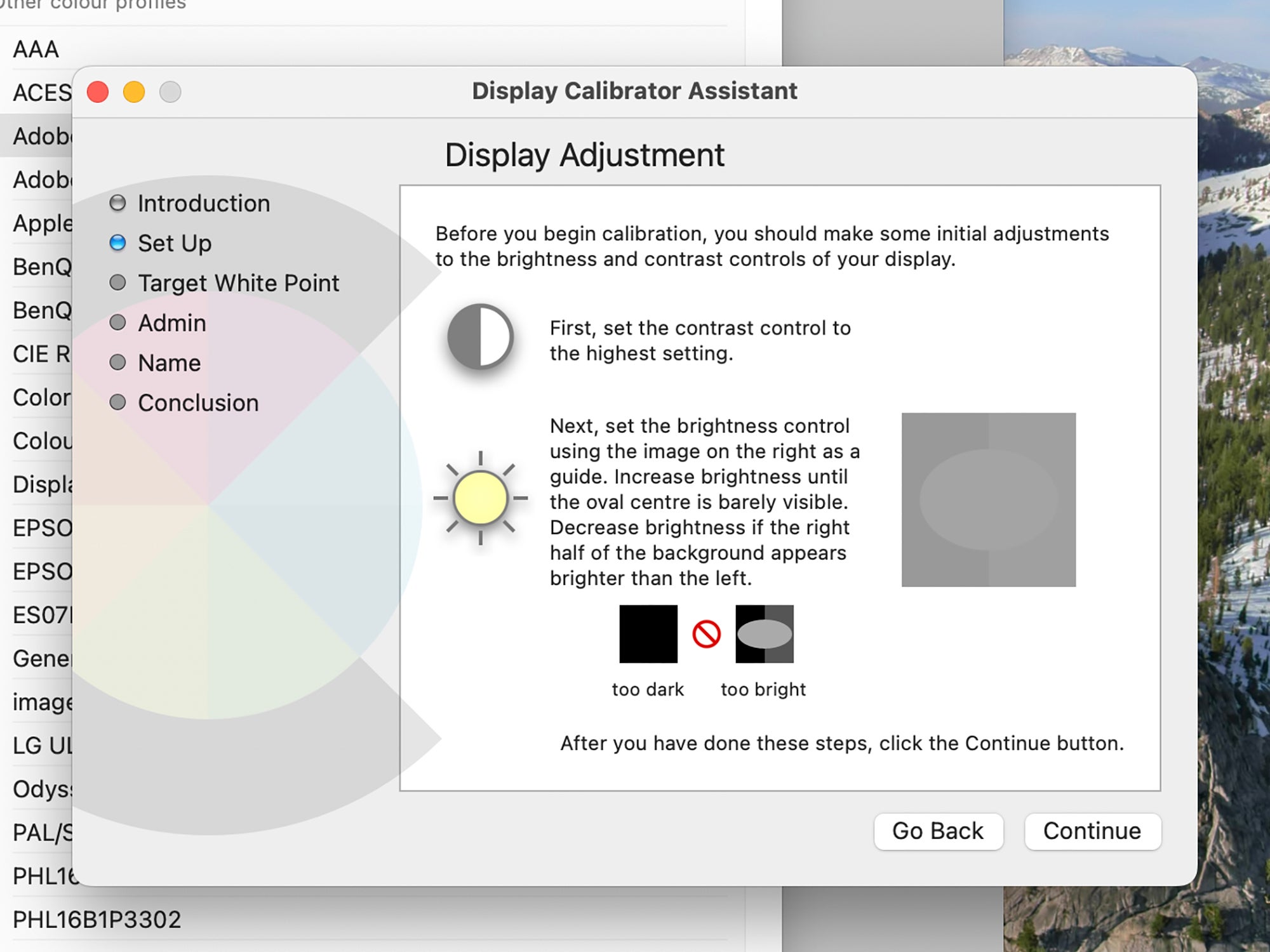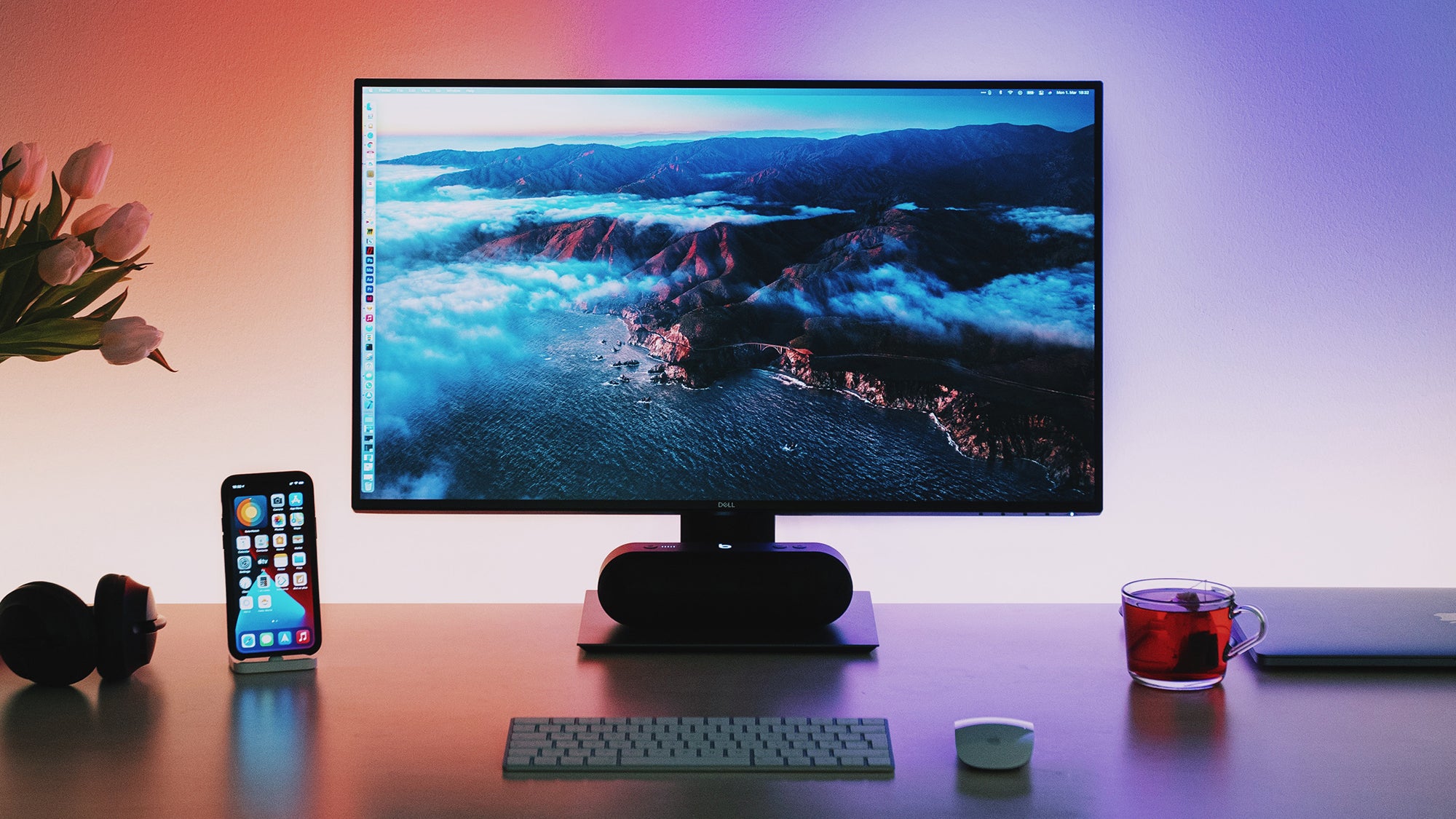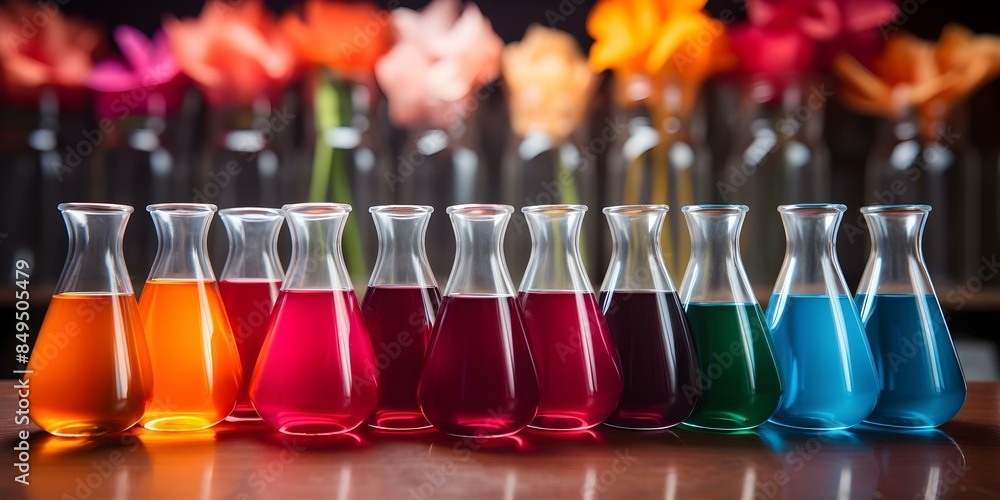Imagine this: you've just unboxed your shiny new Chromebook, ready to dive into a world of productivity and creativity. But wait—why does that vibrant picture look a little off? That's where Chromebook color calibration comes in, my friend. Whether you're a designer, a student, or just someone who wants their screen to pop, color calibration is the secret sauce that brings your Chromebook's visuals to life. Don't let dull colors or inaccurate tones ruin your experience—let's fix that!
Now, you might be thinking, "Do I really need to calibrate my Chromebook's colors?" The answer is a big fat yes. Think about it—your Chromebook is more than just a tool; it's your digital workspace, your entertainment hub, and sometimes even your creative playground. If the colors are off, everything from photo editing to binge-watching Netflix can feel… well, off. And who wants that?
But don't worry, champ. We've got you covered. In this guide, we'll walk you through everything you need to know about Chromebook color calibration. From understanding the basics to mastering advanced techniques, we'll make sure your screen looks as sharp as your skills. Let's get started, shall we?
Read also:Nick Cohen Douglas Murray Husband A Closer Look At The Man Behind The Legend
Table of Contents
- What is Chromebook Color Calibration?
- Why Should You Calibrate Your Chromebook?
- Basic Steps for Chromebook Color Calibration
- Advanced Tweaks for Perfect Colors
- Best Software for Chromebook Color Calibration
- Hardware Solutions for Accurate Calibration
- Common Issues and How to Fix Them
- Tips and Tricks for Optimal Display
- Real User Experiences with Calibration
- Final Thoughts on Chromebook Color Calibration
What is Chromebook Color Calibration?
Let's break it down. Chromebook color calibration is essentially the process of fine-tuning your screen's display settings to ensure colors look accurate and vibrant. It's like giving your Chromebook a little makeover to make sure everything from your family photos to your favorite movies looks its best. Without calibration, your screen might show colors that are too warm, too cool, or just plain wrong.
And here's the kicker: every screen is different. Even two identical Chromebooks can have slightly different displays due to manufacturing variations. That's why calibration is so important—it helps you tailor the settings to match your specific device and preferences. Think of it as putting on your favorite pair of glasses—everything just looks clearer and sharper.
Why Calibration Matters
Calibrating your Chromebook isn't just about aesthetics; it's about functionality too. If you're into graphic design, video editing, or photography, accurate colors can make or break your work. Imagine spending hours editing a photo only to realize the colors look completely different on another device. Talk about a nightmare, right? Calibration helps prevent that headache by ensuring consistency across devices.
Why Should You Calibrate Your Chromebook?
Here's the thing: out of the box, most Chromebooks aren't calibrated for optimal color accuracy. Manufacturers often prioritize brightness and contrast over color precision, which can leave your screen looking a little lackluster. By calibrating your Chromebook, you're taking control of your visual experience and making sure everything looks just the way it should.
Plus, let's not forget the long-term benefits. A well-calibrated screen can reduce eye strain, making those marathon study sessions or late-night movie marathons a little easier on the eyes. And who doesn't want that?
Read also:Kumud Roy Kapur The Iconic Bollywood Actress You Need To Know
Who Benefits from Calibration?
Whether you're a professional content creator or just someone who enjoys streaming their favorite shows, everyone can benefit from a properly calibrated Chromebook. Here's a quick breakdown:
- Graphic Designers: Need precise colors for their work.
- Photographers: Want accurate representations of their photos.
- Students: Need clear visuals for presentations and projects.
- Entertainment Enthusiasts: Want their movies and games to look their best.
Basic Steps for Chromebook Color Calibration
Alright, let's get down to business. Calibrating your Chromebook doesn't have to be complicated. In fact, you can do most of the basics right from your device's settings. Here's a step-by-step guide to get you started:
Step 1: Access Display Settings
First things first, head over to your Chromebook's settings. You can do this by clicking on your profile picture in the bottom-right corner and selecting "Settings." From there, scroll down to the "Display" section.
Step 2: Adjust Brightness and Contrast
Brightness and contrast are the foundation of a good calibration. Start by adjusting these settings until you find a balance that works for you. A good rule of thumb is to set the brightness to a level that feels comfortable for your eyes without being too dim or too bright.
Step 3: Fine-Tune Color Settings
Most Chromebooks allow you to adjust color temperature and saturation. Play around with these settings until the colors look natural and vibrant. If you're unsure where to start, try setting the color temperature to "neutral" and adjusting from there.
Advanced Tweaks for Perfect Colors
Once you've mastered the basics, it's time to take your calibration to the next level. Advanced tweaks can make a world of difference, especially if you're working on projects that require precise color accuracy.
Color Profiles
Did you know your Chromebook can use different color profiles? These profiles are like presets that optimize your screen for specific tasks. For example, you might use a different profile for photo editing than for watching movies. To access color profiles, you'll need to dive into your Chromebook's developer settings or use third-party software.
Gamma Correction
Gamma correction affects how your screen displays light and dark tones. By tweaking the gamma settings, you can ensure that shadows and highlights look just right. This is especially important for tasks like video editing or gaming.
Best Software for Chromebook Color Calibration
If you're looking for more control over your calibration process, there are plenty of software options available. Here are a few of our favorites:
1. DisplayCAL
DisplayCAL is a powerful tool that offers advanced calibration features. It's free and open-source, making it a great choice for budget-conscious users. With DisplayCAL, you can create custom color profiles and fine-tune every aspect of your display.
2. Calibrize
Calibrize is another excellent option for Chromebook users. It's user-friendly and offers a range of features, from basic calibration to advanced color profiling. Plus, it integrates seamlessly with Google Chrome, making it a breeze to use.
Hardware Solutions for Accurate Calibration
For the ultimate calibration experience, consider investing in a hardware calibration tool. These devices connect to your Chromebook and automatically adjust your display settings for perfect color accuracy. Some popular options include:
1. X-Rite i1Display Pro
The X-Rite i1Display Pro is a top-of-the-line calibration tool that delivers professional-grade results. It's a bit pricier than other options, but if you're serious about color accuracy, it's worth the investment.
2. Datacolor SpyderX
The Datacolor SpyderX is another great choice for hardware calibration. It's easy to use and offers accurate results, making it a favorite among content creators and photographers.
Common Issues and How to Fix Them
Even with the best calibration tools, issues can arise. Here are a few common problems and how to solve them:
Problem: Colors Look Washed Out
Solution: Check your brightness and contrast settings. Make sure they're balanced and not set too high or too low.
Problem: Screen Looks Too Warm or Cool
Solution: Adjust the color temperature in your display settings. Try setting it to "neutral" and tweaking from there.
Tips and Tricks for Optimal Display
Here are a few extra tips to help you get the most out of your Chromebook's display:
- Calibrate your screen in a well-lit room for the best results.
- Take breaks during long calibration sessions to avoid eye strain.
- Experiment with different color profiles to find the one that works best for you.
Real User Experiences with Calibration
Don't just take our word for it—here's what real users have to say about Chromebook color calibration:
User 1: "Game-Changer for My Work"
"As a graphic designer, I rely on accurate colors for my projects. Calibrating my Chromebook was a game-changer. It made a huge difference in how my designs looked on other devices." – Sarah, Graphic Designer
User 2: "Movies Look Better Than Ever"
"I never realized how much better my movies could look until I calibrated my Chromebook. Now, every movie night feels like a trip to the cinema." – John, Movie Enthusiast
Final Thoughts on Chromebook Color Calibration
There you have it, folks. Chromebook color calibration might seem intimidating at first, but with the right tools and techniques, it's easier than you think. Whether you're a professional content creator or just someone who wants their screen to look its best, calibration is a must-do. So, what are you waiting for? Grab your Chromebook and start calibrating!
And hey, don't forget to leave a comment or share this article if you found it helpful. Your feedback means the world to us, and it helps us create even better content in the future. Until next time, keep those colors popping!



